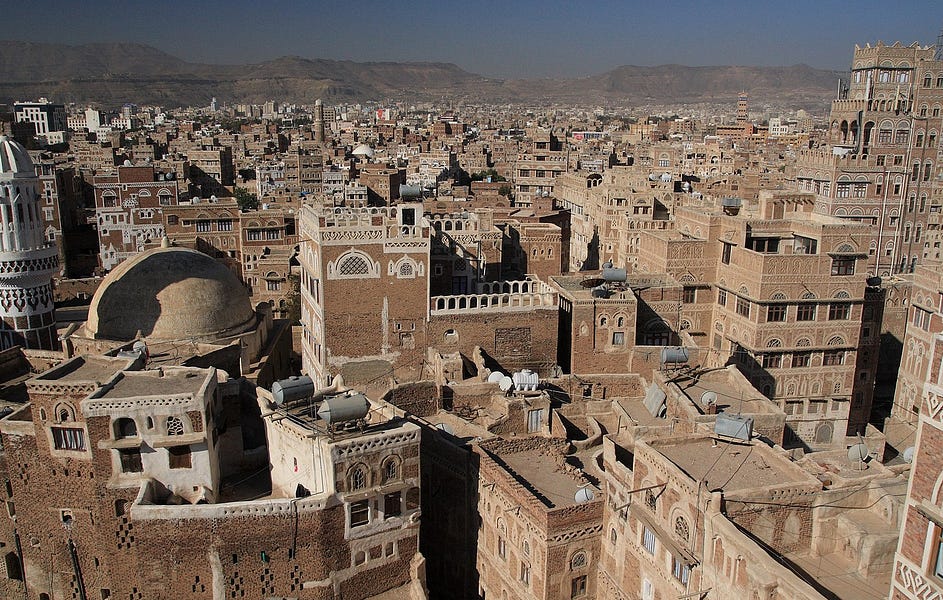The war in Yemen looks like it’s coming to an end. U.S. media reported yesterday that a cease fire extending through 2023 had been agreed to, but those reports also included Houthi denials. But today Al Mayadeen, a generally pro-Houthi Lebanese news outlet, is reporting optimism from the Houthi side that the deal is real and the war is winding down.
What’s startling here is the apparent role of China in brokering a rapprochement between Iran and Saudi that made this possible. The Saudis seem like they are fully capitulating to the (quite reasonable) Houthi demands, which include opening the major port to allow critical supplies into the country, allowing flights, and allowing the government to have access to its currency to pay its workers and stabilize the economy. Reasonable stuff.
With the Saudis no longer backing militants in the war, those rump factions won’t have much capacity left to fight, though there will still probably be some clashes before it’s all said and done. The way the war is ending also underscores just how illegitimate the “government” of Yemen has been the last several years. In reality, it’s a group of exiles living in hotels in Riyadh, fully propped up by and under the thumb of Saudi Arabia. For a while, Saudi Arabia was referring to it in official documents as “The Legitimate Government of Yemen,” though it did no actual governing, and had no legitimacy outside its hotel.
It’s now led by the “Presidential Leadership Council,” and look at how the news was delivered to the “legitimate government of Yemen,” according to Al Mayadeen: “The sources stated that Riyadh informed the Presidential Leadership Council of its decision to end the war and conclude the Yemeni file permanently.”
The war is over. So is your government. The file is closed. Check out is at 11 am. You’ve been informed.
Erik Sperling, executive director of Just Foreign Policy, which has been working for an end to the war in Yemen for years, told me that the Saudi move suggests the country is looking out for its own interests rather than continuing the war for the benefit of U.S. interests in the region. "The Saudi concessions — including a potential lifting of the blockade and exit from the war — demonstrate that their priority is to protect Saudi territory from attack and focus on economic development at home,” he said. “This diverges from the approach preferred by many Washington foreign policy elites who continued to hope that the Saudi war and blockade could force the Houthis to make concessions and cede more power to the US-backed Yemeni 'government.' While the Houthis are a deeply flawed movement, it is both immoral and ineffective to try to counter them by pushing tens of millions of Yemenis to the brink of starvation. The Saudis are smart to cut their losses, end their complicity in this human rights nightmare, and refocus their attention to their own economic development."


Helps that China's "no exporting revolution" non-interventionist stance goes both ways. They may not be supportive of a potential revolution but they won't try to actively crush it via military deployment or crippling sanctions like NATO absolutely would.
Granted, I've seen fair criticisms by Maoists of their economic ties with (and shipment of weapons to) the Philippines which is actively fighting its communist insurgency, but to me, materially, that's just a drop in the bucket compared to how US materially supports and backs up the government.
The weapons to the Philippines were finally investigated and it turns out it's all bogus lol. China only sold non-weapons material, and they made two gifts of about 7000 rifles total to the Philippines at a time where a major town was literally seized by an ISIS-connected group. These weapons most likely ended up in Duterte's war on drugs than against the NPA.
deleted by creator